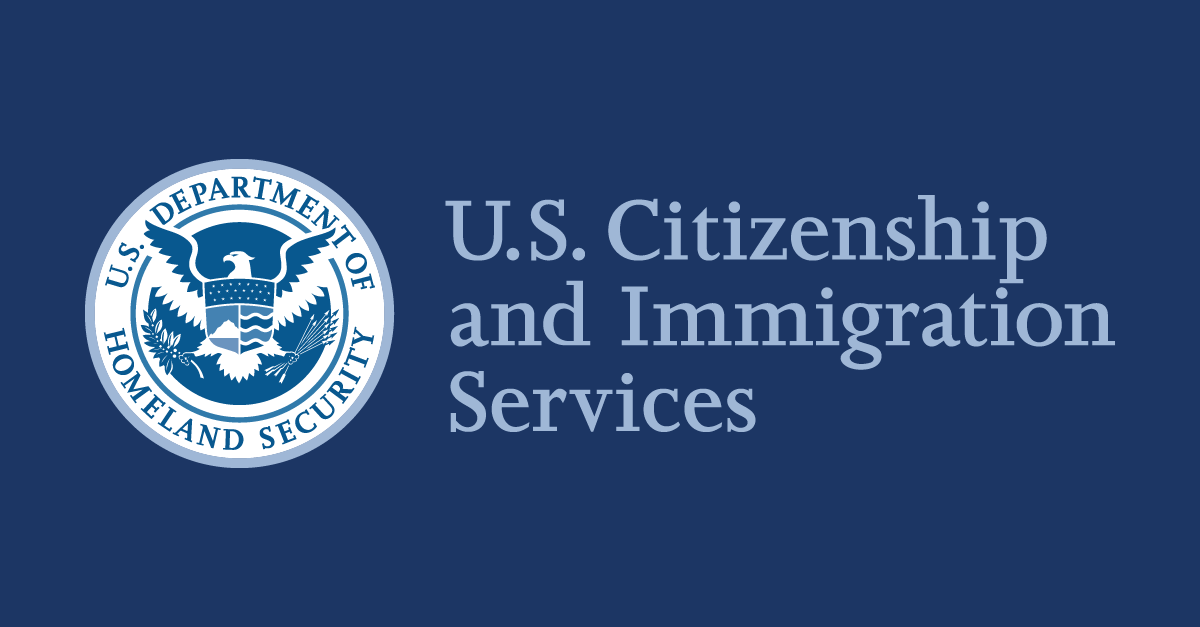Biden-Harris Administration continues strategy to provide lawful pathways and reduce dangerous irregular migration
WASHINGTON – The Department of Homeland Security (DHS) today announced a new family reunification parole process for certain nationals of Ecuador, advancing the Biden-Harris Administration’s effective strategy to combine expanded lawful pathways and strengthened enforcement to reduce irregular migration. The Family Reunification Parole processes promote family unity, and are part of the comprehensive measures announced in April by DHS and the Department of State, and are consistent with the Los Angeles Declaration on Migration and Protection’s objectives to strengthen national, regional, and hemispheric efforts to create the conditions for safe, orderly, humane, and regular migration.
The new process is for certain nationals of Ecuador whose family members are U.S. citizens or lawful permanent residents and who have received approval to join their family in the United States. Specifically, Ecuadorian nationals and their immediate family members can be considered for parole on a case-by-case basis for a period of up to three years while they wait to apply to become a lawful permanent resident.
“The Family Reunification Parole process promotes family unity consistent with our laws and our values,” said Secretary of Homeland Security Alejandro N. Mayorkas. “Establishing this process for certain Ecuadorian nationals will ensure more families can access lawful pathways rather than placing themselves at the mercy of smugglers to make the dangerous journey. Those who do not avail themselves of family reunification parole or other lawful, safe, and orderly pathways and attempt to enter the United States unlawfully will continue to face tough consequences.”
Certain nationals of Ecuador who are beneficiaries of an approved Form I-130, Petition for Alien Relative may be eligible to be considered for parole under the new process. Qualifying beneficiaries must be outside the United States, meet all requirements, including screening and vetting and medical requirements, and must not have already received an immigrant visa.
The Family Reunification Parole process begins with the Department of State issuing an invitation to the petitioning U.S. citizen or lawful permanent resident family member whose Form I-130 on behalf of an Ecuadorian beneficiary has been approved. Beneficiaries awaiting an immigrant visa could include certain children and siblings of U.S. citizens and certain spouses and children of lawful permanent residents. The invited petitioner can then initiate the process by filing a request on behalf of the beneficiary and eligible family members to be considered for advance travel authorization and parole.
The Family Reunification Parole process allows for parole only on a case-by-case and temporary basis upon a demonstration of urgent humanitarian reasons or significant public benefit, as well as a demonstration that the beneficiary warrants a favorable exercise of discretion. Individuals paroled into the United States under this process will generally be considered for parole for up to three years and will be eligible to request employment authorization while they wait for their immigrant visa to become available. When their immigrant visa becomes available, they may apply to become a lawful permanent resident.
The Immigration and Nationality Act provides the Secretary of Homeland Security with the discretionary authority to parole applicants for admission into the United States temporarily on a case-by-case basis for urgent humanitarian reasons or significant public benefit. Previous Secretaries across different administrations have similarly exercised the parole authority to establish other family reunification parole processes administered by U.S. Citizenship and Immigration Services, including the Cuban Family Reunification Parole Program in 2007 and the Haitian Family Reunification Parole Program in 2014. DHS announced new FRP processes for Colombia, El Salvador, Guatemala and Honduras in July and the modernization of FRP processes for Cuba and Haiti in August.
The Federal Register Notice for this FRP process will be published soon with detailed information on the application process and eligibility criteria.
Official news published at https://www.uscis.gov/newsroom/news-releases/dhs-announces-family-reunification-parole-process-for-ecuador


